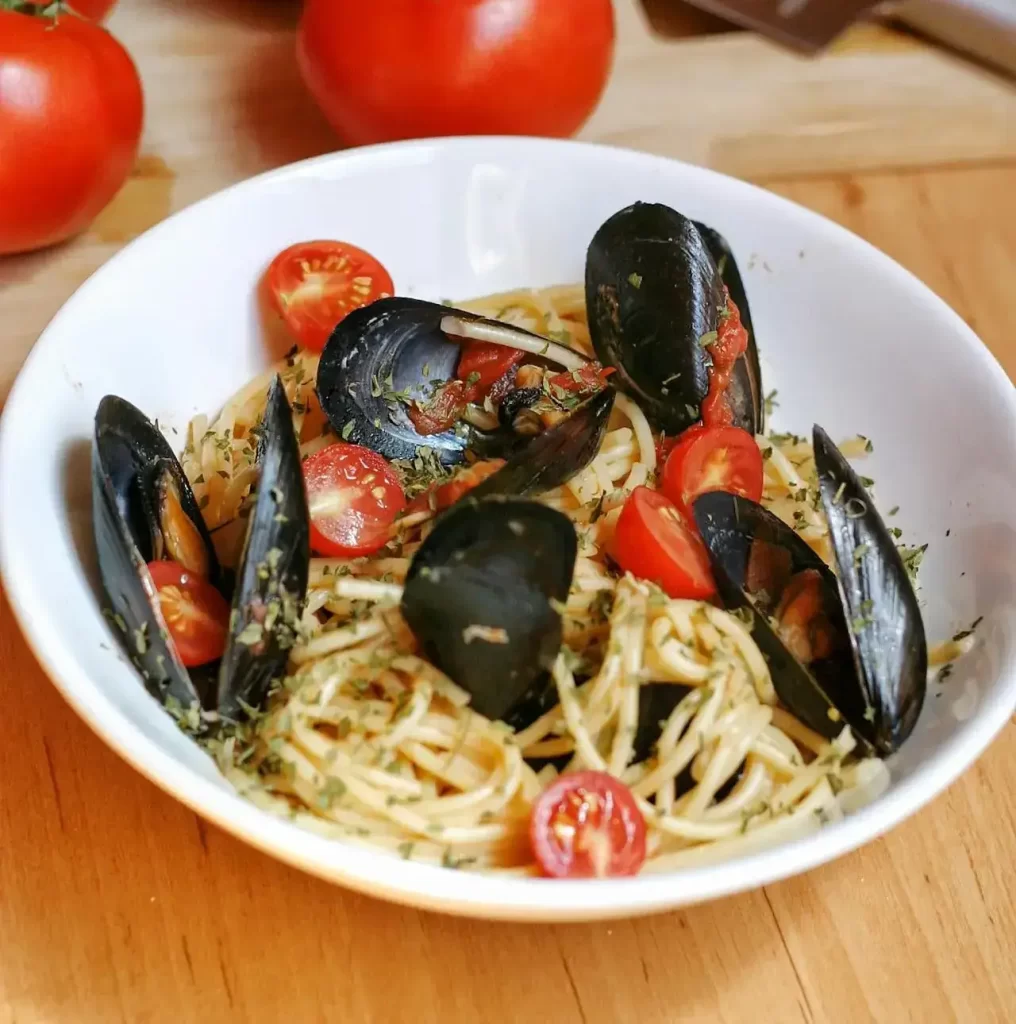Welcome to the ultimate guide on mussels, your go-to protein source for enhancing athletic performance and overall health. Discover the numerous benefits, delicious variations, and how mussels stack up against other fish options.
Muscle-Building Powerhouse: Exploring the Benefits and Enjoyment of Mussels for Athletes
Health Benefits:
- High Protein Content: Mussels are packed with protein, essential for muscle repair and growth.
- Rich in Omega-3 Fatty Acids: Promotes cardiovascular health, reduces inflammation, and enhances recovery.
- Abundant in Vitamins and Minerals: Provides a spectrum of nutrients like vitamin B12, iron, zinc, and selenium for optimal bodily functions.
- Low in Calories and Fat: Ideal for maintaining a lean physique without compromising on nutritional intake.
Athletic Performance:
- Improved Muscle Recovery: The amino acids in mussels aid in faster muscle recovery post-workout.
- Enhanced Endurance: Omega-3 fatty acids support cardiovascular health, boosting stamina and endurance.
- Sustainable Energy Source: Mussels offer a steady release of energy, perfect for sustained performance during workouts and competitions.
Mussels Compared to Other Fish:
When it comes to nutritional value, mussels outshine many other types of fish. Compared to salmon or tuna, mussels offer higher protein content, lower fat, and fewer calories per serving. Additionally, mussels are more environmentally sustainable, making them an ethical choice for conscientious athletes.
Are Cholesterol Concerns Warranted for Athletes Considering Mussels, or Are They Deemed Heart-Healthy?
Athletes need not fret over cholesterol levels when considering mussels, as these delectable shellfish stand as a heart-healthy culinary option. Despite their shellfish classification, mussels boast relatively low cholesterol content compared to other animal proteins.
Moreover, the cholesterol found in mussels predominantly comprises “good” HDL (high-density lipoprotein) cholesterol, recognized for its beneficial impact on heart health by aiding in the removal of harmful LDL (low-density lipoprotein) cholesterol from the bloodstream. As a component of a well-rounded diet, mussels contribute significantly to cardiovascular health and overall vitality for athletes and individuals alike.
Different Types of Mussels:
- Blue Mussels: Commonly found in North America and Europe, prized for their plump and flavorful meat.
- Green Mussels: Native to the Mediterranean region, known for their slightly sweeter taste and tender texture.
- New Zealand Green-lipped Mussels: Renowned for their unique flavor profile and exceptionally large size, popular among seafood connoisseurs worldwide.
Ways to Enjoy Mussels:
- Classic Steamed Mussels: Simmered in a savory broth infused with garlic, white wine, and herbs for a delectable appetizer or main course.
- Mussel Pasta: Toss cooked mussels with al dente pasta, cherry tomatoes, and basil for a quick and satisfying meal.
- Mussel Chowder: Combine mussels with potatoes, onions, and cream for a hearty and comforting chowder.
- Mussel Salad: Incorporate chilled mussels into a vibrant salad with mixed greens, avocado, and citrus vinaigrette for a refreshing dish.

Nutritional Information (per 100g):
| Nutrient | Amount |
|---|---|
| Protein | 24g |
| Omega-3 Fatty Acids | 2.5g |
| Vitamin B12 | 20μg |
| Iron | 6mg |
| Zinc | 2.2mg |
| Selenium | 45μg |
FAQs:
Are mussels high in cholesterol? Despite being a shellfish, mussels are relatively low in cholesterol compared to other animal proteins.
Can I eat mussels if I have a shellfish allergy? Some individuals with shellfish allergies can safely consume mussels, but it’s essential to consult with a healthcare professional beforehand.
Are there any safety concerns when consuming mussels? Mussels are filter feeders and can accumulate toxins from the water, so it’s crucial to source them from reputable suppliers and ensure they are cooked thoroughly.
How should I store fresh mussels? Store fresh mussels in the refrigerator in a bowl covered with a damp cloth or paper towel. Discard any mussels that have cracked shells or do not close when tapped, as they may be compromised.